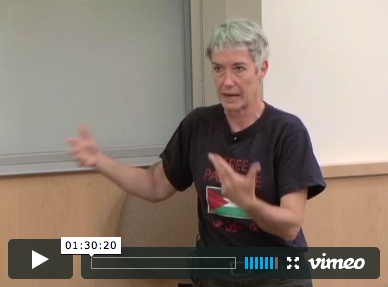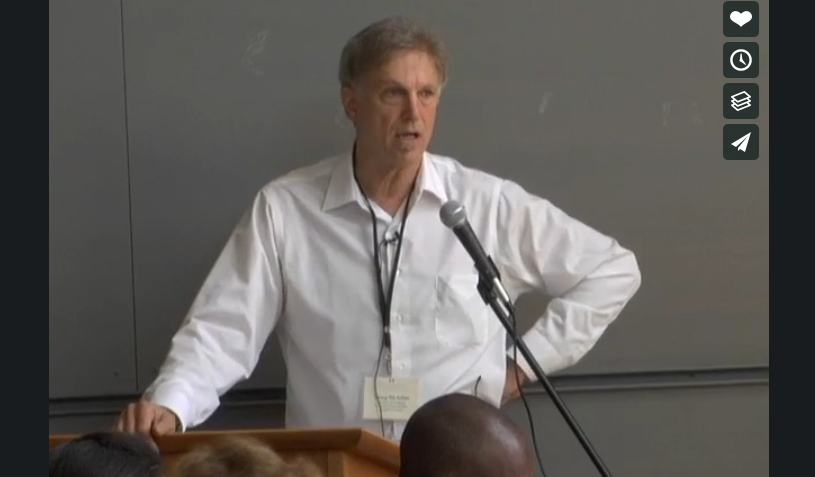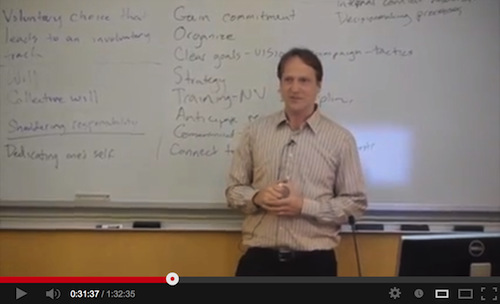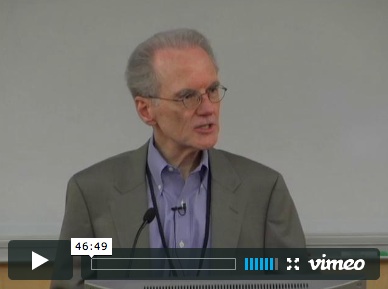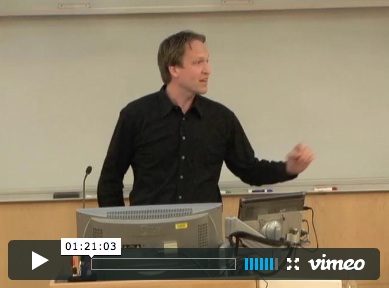
Costs and Risks in Nonviolent Conflict (FSI 2010)
Hardy Merriman
President
International Center on Nonviolent Conflict
Jack DuVall
Senior Counselor and Founding Director
International Center on Nonviolent Conflict
Every civil resistance movement can be understood as engaging in a contest with an adversary, whether that is a government or other institutional source of injustice or oppression. Movements may use tactics that deny their adversaries legitimacy and material resources, as well as reduce the loyalty of the adversary’s supporters. Conversely, a movement’s adversary may take actions to deny a movement legitimacy, material resources, or the loyalty of the movement’s supporters. All these effects can be understood as costs to the operational capacity of either side. There are also certain risks inherent in the choice of strategy and tactics; imposing costs always entails taking risks. This module at the 2010 Fletcher Summer Institute for the Advanced Study of Nonviolent Conflict frames civil resistance from the perspective of three kinds of costs and risks: material/economic; political/legitimacy-related; and social/psychological. Successful civil resistance customarily requires planning, which should take costs and risks into account.
Download the presentation slides
International Center on Nonviolent Conflict
ICNC FSI Video, June 22, 2010
